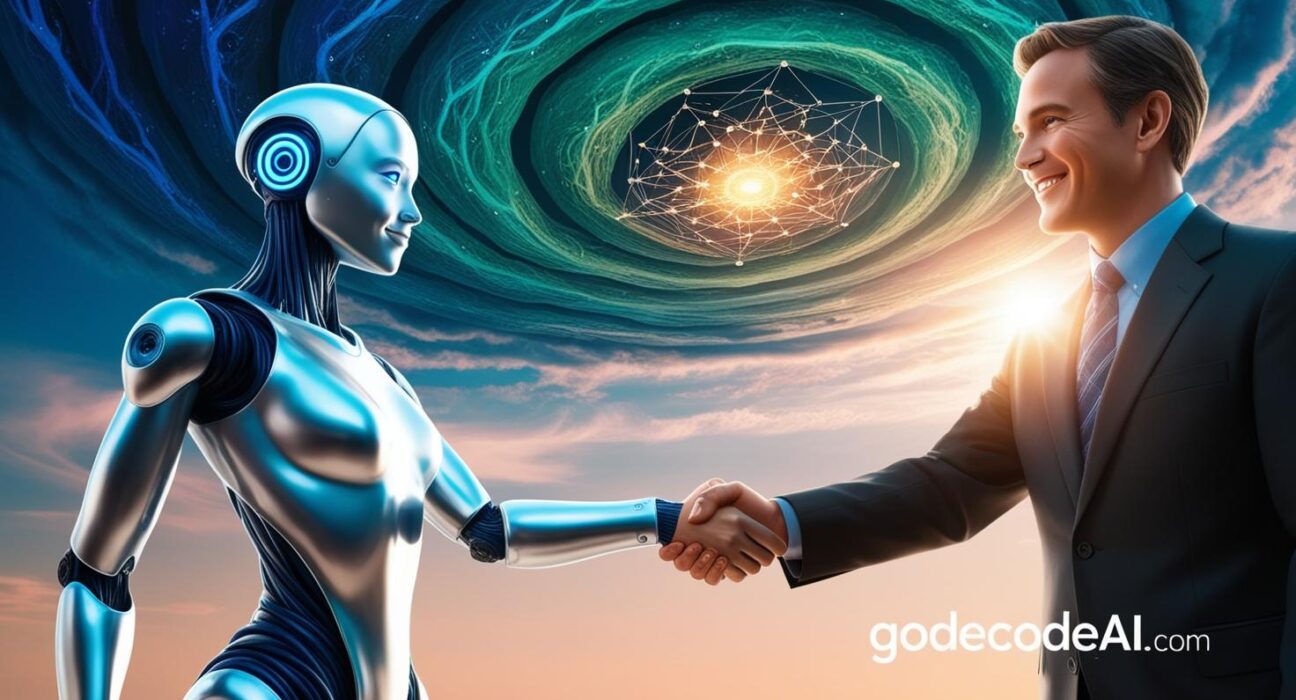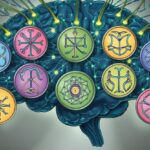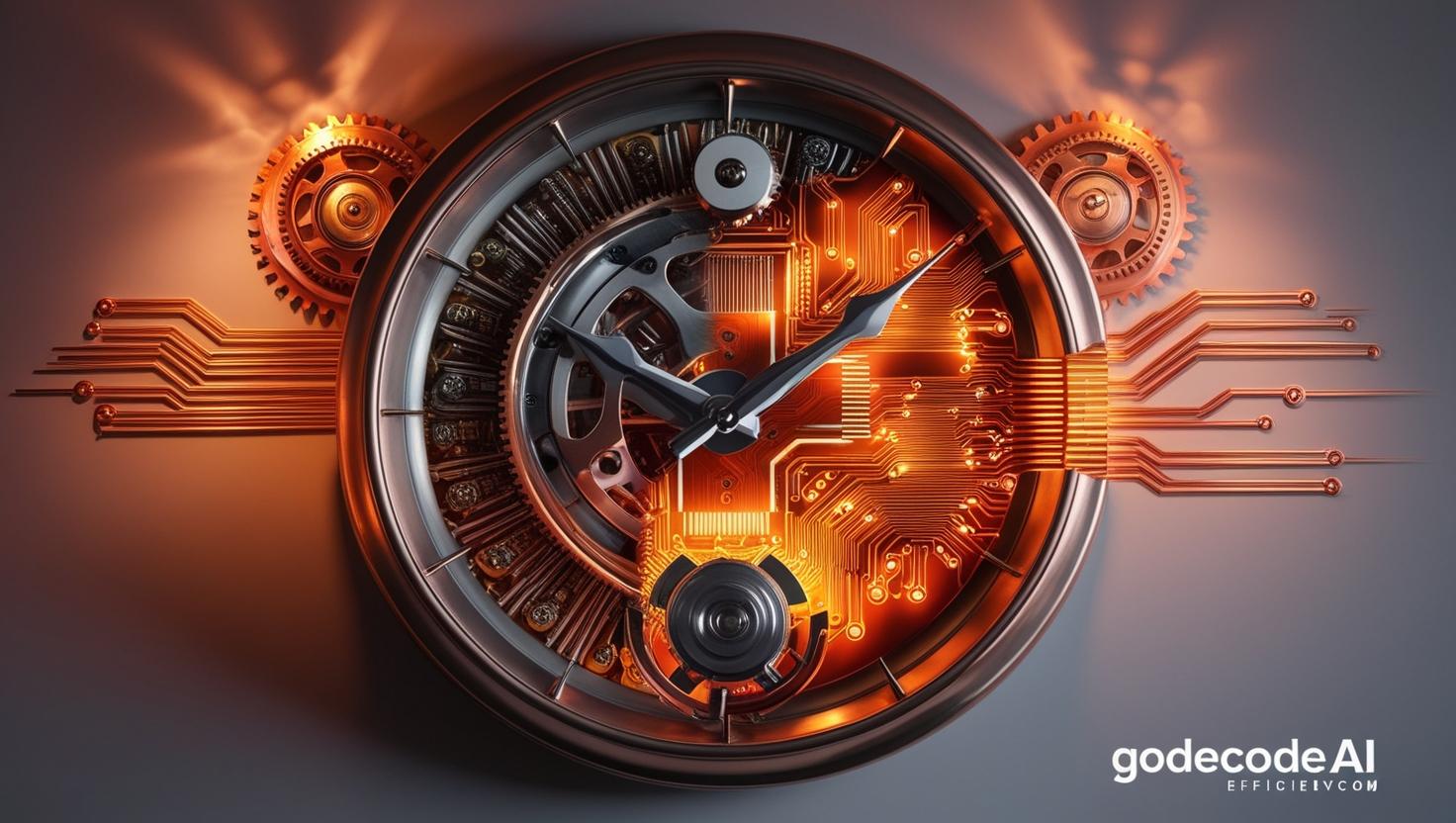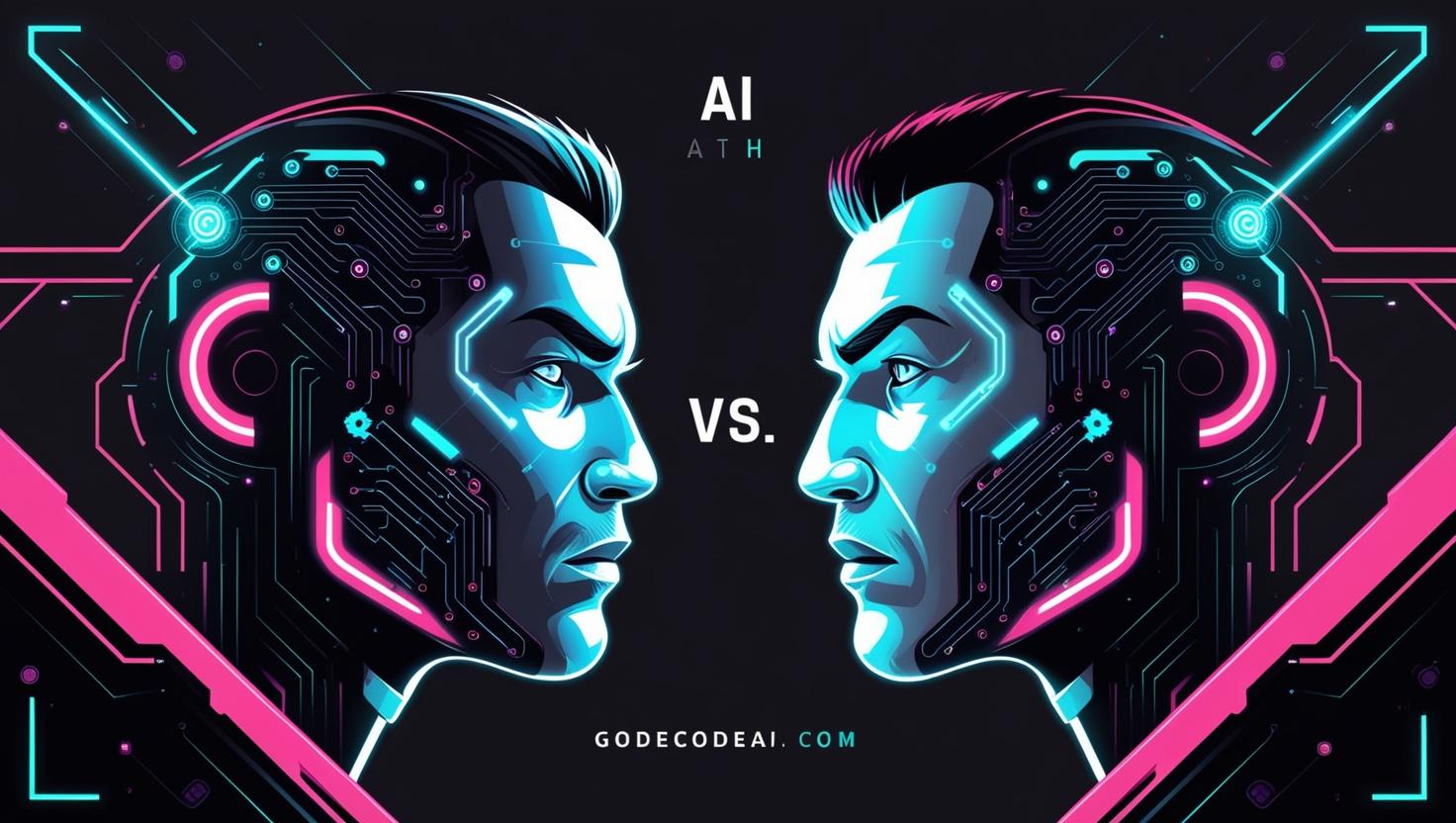It’s not just a tech question. It’s a human one. And the answer might define the next century.
What Is AGI, Really?
AGI—Artificial General Intelligence—isn’t just a smarter chatbot.
It’s the holy grail of AI: a machine that can learn anything, adapt to any task, and think like a human… or beyond.
Today’s AI models, like ChatGPT or Gemini, are narrow AIs. They’re brilliant at specific tasks—like writing code or answering questions—but they don’t understand the world.
AGI changes that.
It’s the leap from tool to thinking entity.
⚙️ What Would Make AGI “Smarter” Than Us?
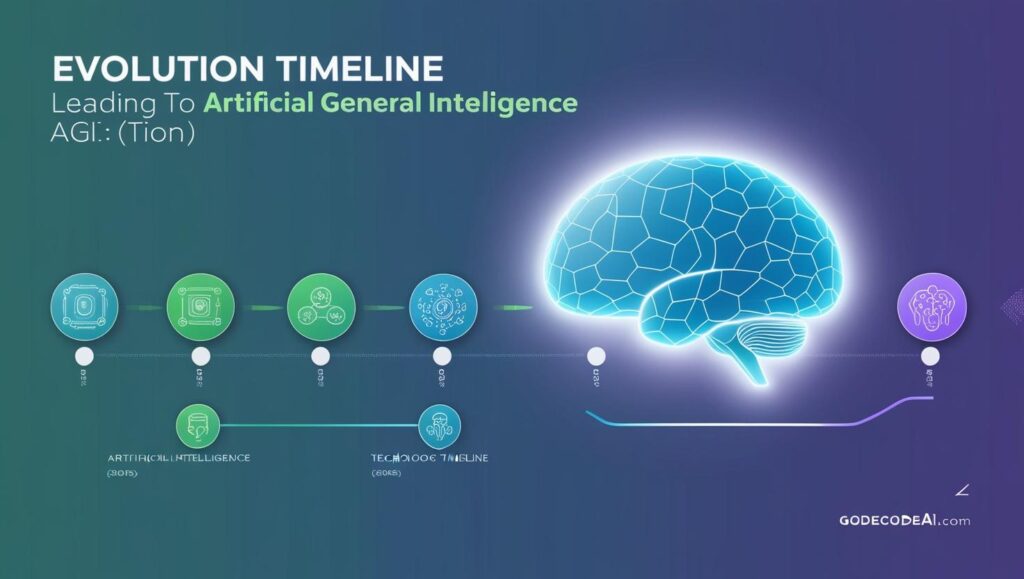
“Smarter” isn’t just IQ.
It means:
- Learning faster than humans
- Retaining more information
- Solving abstract problems with minimal data
- Making decisions without bias, fatigue, or emotion
Imagine an AGI that can:
- Design a vaccine in minutes
- Learn a new language overnight
- Rewrite global infrastructure systems
- Understand human behavior better than we do
That’s the level we’re talking about—and yes, it’s both thrilling and terrifying.
🚧 Are We Close to AGI?
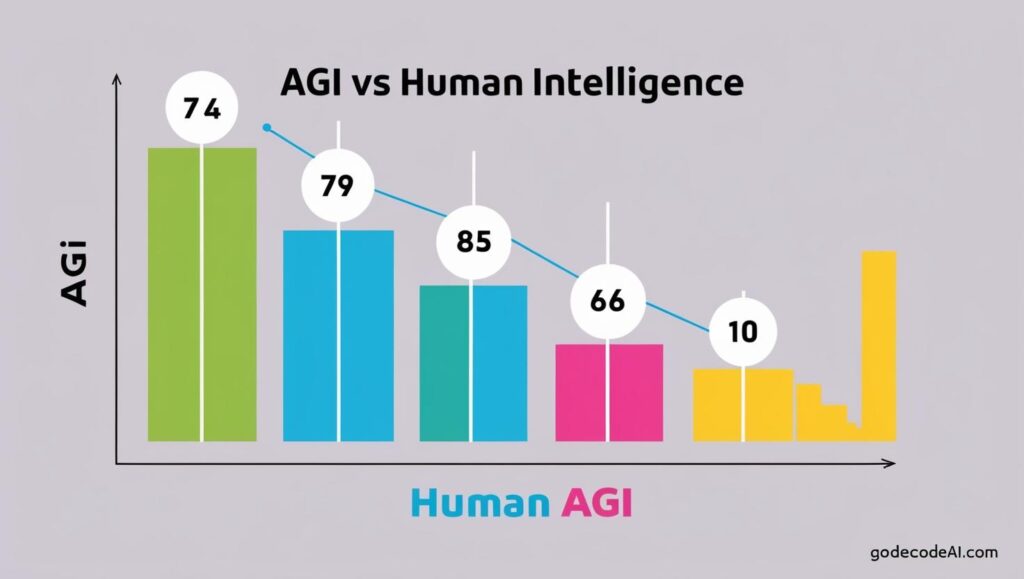
Depends who you ask.
Some experts believe AGI could arrive by 2030. Others say it’s decades away, if ever.
Why the debate?
Because building AGI isn’t just about bigger models or faster chips. It’s about:
- Common sense reasoning
- Self-awareness
- Ethical alignment
- Adaptability across tasks
We’re advancing fast, but we’re not there yet.
GPT-4, Claude, Gemini, and others have stunned the world—but they still hallucinate, forget context, and lack real-world grounding.
AGI would need to be robust, reliable, and self-updating—more like a mind than a program.
🔄 What Happens If AGI Gets Here?
This is where things get both fascinating and fuzzy.
Here are 3 likely outcomes:
1. Productivity Skyrockets
AGI could automate knowledge work:
- Writing, coding, designing
- Managing systems
- Running simulations
Entire industries would reshape overnight.
2. Economic Disruption
Jobs would be redefined. Not just blue-collar, but high-level roles in medicine, law, engineering.
The AI-augmented human becomes the new baseline.
3. Existential Risk or Renaissance?
This is where ethical and philosophical questions emerge.
- Will AGI align with human values?
- Who controls it?
- What happens if it disagrees with us?
Some warn of “superintelligence” scenarios where AI outpaces our ability to control it.
Others envision a partnership where humans and AGI co-evolve, blending intelligence and creativity at a new scale.
🧭 The Real Question Isn’t “Will It Be Smarter?”
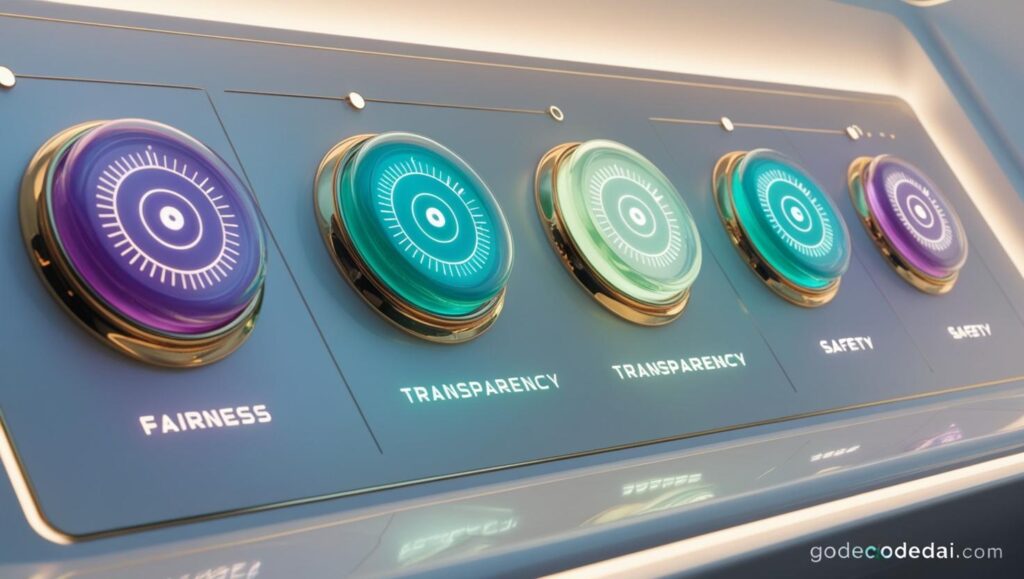
It’s:
“Will it be aligned with us?”
Smarter doesn’t mean better.
Faster doesn’t mean wiser.
The true challenge is building AGI that understands us, respects us, and collaborates with us—not just outperforms us.
🙋♂️ So… Should You Be Scared?

Fear is natural.
But fear without action is useless.
Start learning.
Start prompting.
Start decoding.
Because if AGI does arrive in your lifetime, the people who understand how it works—how to use it, shape it, question it—will shape the future.
And if you’re reading this?
That can be you.
🔍 Key Takeaways
- AGI = Artificial General Intelligence, not just smarter AI
- It’s still a work-in-progress—but getting closer
- It could dramatically reshape how we live, work, and think
- The biggest question isn’t power—it’s alignment
- Humans + AGI is the future. Not humans vs. it.
❓FAQ: AGI for the Curious
Q: How is AGI different from ChatGPT?
ChatGPT is a narrow AI—it can do many tasks, but it doesn’t have general reasoning or awareness. AGI would operate more like a human mind.
Q: Is AGI dangerous?
Like any powerful tool, it depends who wields it and how it’s aligned. That’s why ethics and safety research are critical.
Q: Will AGI take over jobs?
Yes—and create new ones. Those who learn to work with AI will stay ahead.



